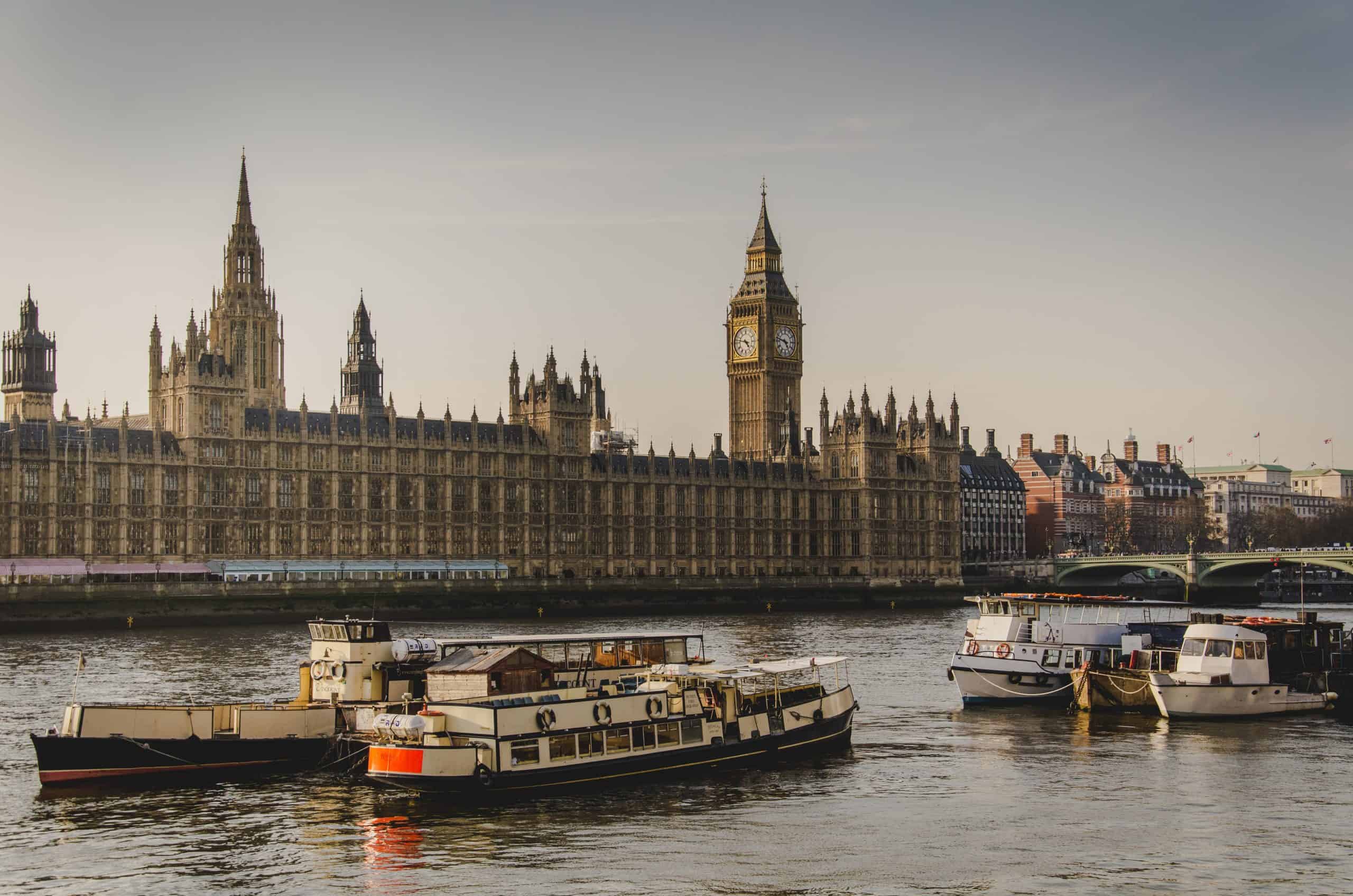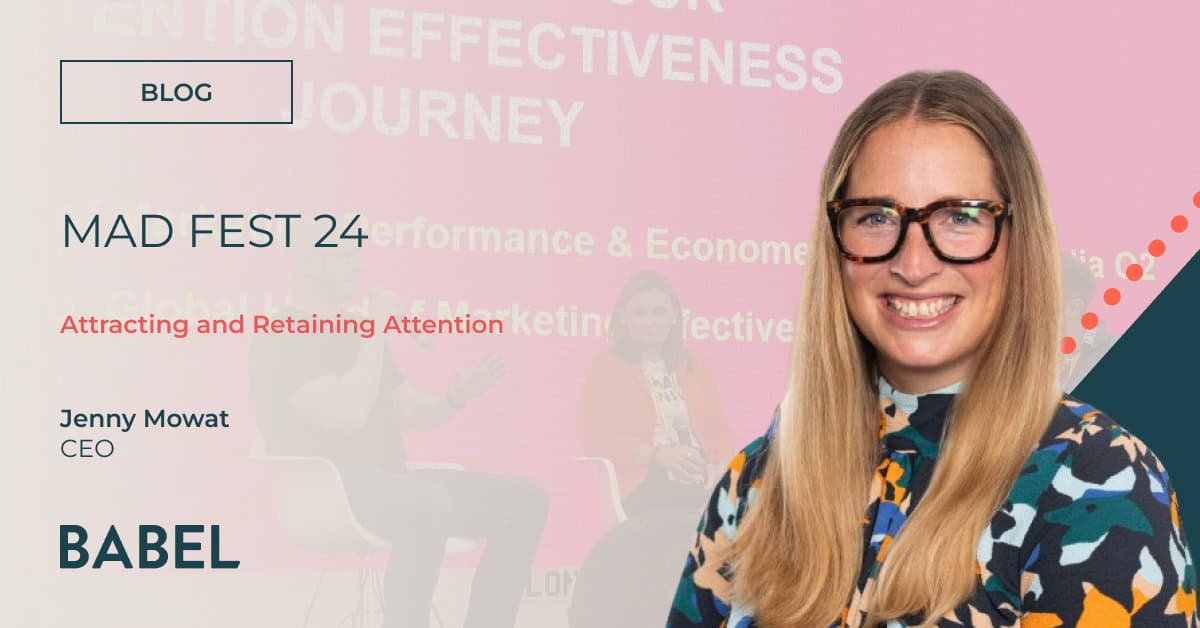
2019 Election Debates: Why the messaging and delivery of our potential leaders missed the mark in the persuasive stakes
As the two main party leaders went head-to-head this week, trading blows in the first TV debate of this year’s general election campaign, it’s clear that neither leader managed to gain any significant advantage or emerge as the obvious winner.
With issues around public trust and clarity of messages being the two main themes emerging, there was no ‘big reveal’, solution or remedy to issues facing the UK today. In PR terms, it would always be wise to ‘hold something back’ and reveal it at a debate like this, with the primary objective of walking away with a ratings boost. Neither politician achieved this, and all we got was ‘more of the same’.
The prime minister focused his efforts on dismantling Jeremy Corbyn’s Labour for lack of clarity around whether it supports leaving or remaining in the EU. Mr Corbyn emphatically hit home his message about the NHS not being up for sale, and being unsafe in the hands of the Tories. Both are valid strategies, that can apply as much to business as they can to politics. Depositioning your competitors can serve you well when it comes to customer-facing communications, meaning they buy your widget over theirs. Likewise, hammering home your key message at every opportunity can ensure that all a business’s stakeholders are aligned to its purpose, improving supplier relationships, brand engagement and much more. However, wherever these tactics are deployed, they require precise execution.
Important and critical as the issues these two party leaders raised are, the execution of their chosen tactic was poor. We also don’t appear to have heard anything radically new, life-changing or inspiring, so has this week’s debate left the public wanting?
The debate itself was an unusual precedent in unusual times, as never before has an incumbent prime minister taken on an opposition leader in this way – with the not-so-surprising opening gambits of Brexit and the NHS taking centre stage as they slugged proverbial insults at each other.
Unlike appearances of yesteryear, the prime minister seemed somewhat diminished at times. Despite having ‘warmed up’ at a boxing ring beforehand, Mr Johnson appeared to be lacking his usual charismatic appeal when faced by a semi-hostile audience. A snap YouGov poll that took place afterwards indicated a minor victory for the prime minister (51-49) but considering Jeremy Corbyn has the worst ratings of any opposition leader (ever) it can hardly be classed as a huge win for the Tories can it?
Be human, even with your opponent
Did Mr Johnson miss an opportunity to offer condolences when Mr Corbyn mentioned the sad passing of a friend the day before, a woman who’d been treated for breast cancer under the NHS, and experienced huge delays? Did Boris fail a humanity test here by ‘not listening’ but rather steamrolling forward with a rhetoric that goes only one way, in his rush to finish the debate and get across his point of view. The Conservative Party is often criticised for being out-of-touch; a small gesture like acknowledging the death of a friend can go some way to addressing this public perception. Being an active listener and responding to situations as they present themselves are invaluable skills for spokespeople, be they MPs or chief executives. To a certain extent this is a natural reaction, but elements can also be taught – spokespeople should be aware of when these opportunities present themselves and capitalise accordingly.
The truth, the whole truth, and something in between…
Neither leader delivered that coveted knockout blow, but not for the want of trying, as the debate moved from themes around policy to something more personal — when debate moderator Julie Etchingham asked the million-dollar question: Does the truth matter in this election? Boris Johnson’s reply began with “I think it does…” which was met with derisory laughter from the studio audience.
In fact, the audience played its part as barometer of public opinion by laughing contemptuously on a number of occasions. Its mirth was evenly distributed across both leaders, demonstrating the lack of enthusiasm for either of these two men in the wider climate, with no real ‘surge’ of favour going in either direction.
In the world of PR, truth, trust and confidence are paramount, so as not to be the subject of ridicule. Trust in the message being delivered is essential, as when that trust is gone, what’s left? Uncomfortable watching and a lot of work to rebuild voter trust in the future would be our guess here at Babel.
Don’t underestimate the importance of ‘likeability’
On Wednesday morning, Laura Kuenssberg nailed it on the BBC Breakfast sofa when she pointed out that the question for viewers and voters may not centre around “who I like the most, but who I ‘don’t like’ the least”.
This week we witnessed echoes of the US presidential election where opinion was either polarised or apathetic, and not much in between. Is the UK following the same political trajectory, and what can be done to bring us back on course? Ideally, representation from leaders of the other parties may have evened out this week’s TV debate, but on this occasion, other parties did not get a chance to take part and would almost certainly have picked up the tempo on an hour of our lives that we won’t get back anytime soon.
That said, standard campaigning messaging techniques were wheeled out with the crowbarring of messaging rhetoric such as ‘Get Brexit Done’ and ‘NHS not for sale’ although without much additional substance put forward by either side. Campaigning in this highly polarised and tribal environment is a tricky thing to do – in the same way that a new entrant struggles to take share from the market leader, getting a voter to swing between parties is complicated challenge for campaigners and communicators – but there are tactics that can be deployed to increase the likelihood of behaviour change, whether that’s at the ballot box or the cash register.
Remember when Nick Clegg had everyone eating out of his hand in 2010?
Compare all this to the UKs first TV debate in 2010, which demonstrated electricity and excitement in abundance. Nick Clegg seized his moment to shine in the spotlight with 9.4 million viewers watching on, as the other leaders all chimed “I agree with Nick” in chorus – parachuting the Liberal Democrats into the public consciousness. A resounding coup for them on that occasion, which was sadly not repeated this week in the absence of the other parties to balance out the debate.
With three weeks to go before we head to the polls, any subsequent debates will need to address some of the points discussed above, if this kind of political campaigning is to provide a swing vote for any of the political parties. The two main parties in the UK have both called in expert campaigners and communicators to try and secure their end goal – an all-important working majority – but it remains to be seen whether those experts have selected the correct strategy and/or been listened to by two politician veterans known to be stubborn and strong-minded. Let’s hope they learn from the experience, heed the counsel of their trusted advisors, and provide us with something more fulfilling next time.
At Babel, we work with clients to cultivate messaging and narrative that allows them to engage effectively with the media. We work closely with our clients to build trust and reputation, making sure that claims can be substantiated and our PR solutions are stress-tested to elevate trust and reputation. Unlike our politicians, want to have an impact with your brand’s messaging and media outreach? Drop us a line to discuss strategy and tactics.





